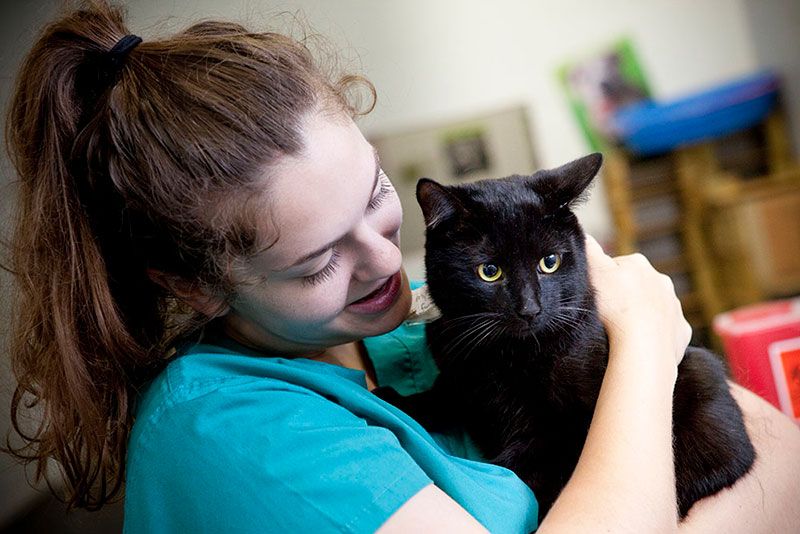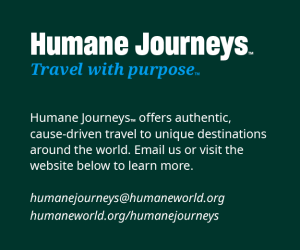Rescue group program assessment
How can you build a strong volunteer program to maximize your chances of success and sustainability?

Volunteers are the lifeblood of rescue groups who often don't have paid staff. But without a highly effective volunteer program, rescues can’t operate at full life-saving potential. The Rescue Group Program Assessment (RGPA) evaluates rescue groups’ volunteer programs by surveying the volunteers and providing concrete steps to improve organizational effectiveness.
What is RGPA?
The Rescue Group Program Assessment is a free assessment designed to help rescue groups run more effectively by surveying volunteers and making specific recommendations to improve the volunteer program based on the anonymous survey results. The RGPA was created by the Organizational Science department of the University of North Carolina-Charlotte (UNCC) in partnership with The HSUS. The survey addresses organizational commitment, volunteer recognition, communication, competence, role ambiguity, work satisfaction, satisfaction with other volunteers, organizational constraints and burnout.
How does RGPA work?
Rescue groups that have been in existence for at least one year, have seven or more active volunteers with internet access, and have an individual who coordinates volunteer efforts are eligible. After you apply, you will receive a link to a survey that should be distributed to your volunteers. Once the survey responses have been submitted and analyzed, the RGPA team generates a report, helps interpret the results, and assists in building a plan to improve your volunteer operations. Each application is responded to as quickly as possible, but there may be some wait time as the consultants are working with other clients.The HSUS provides the RGPA to rescue groups at no cost.
Take the Rescue Group Program Assessment today!
In partnership with:

For questions about the Rescue Group Program Assessment, email us.
